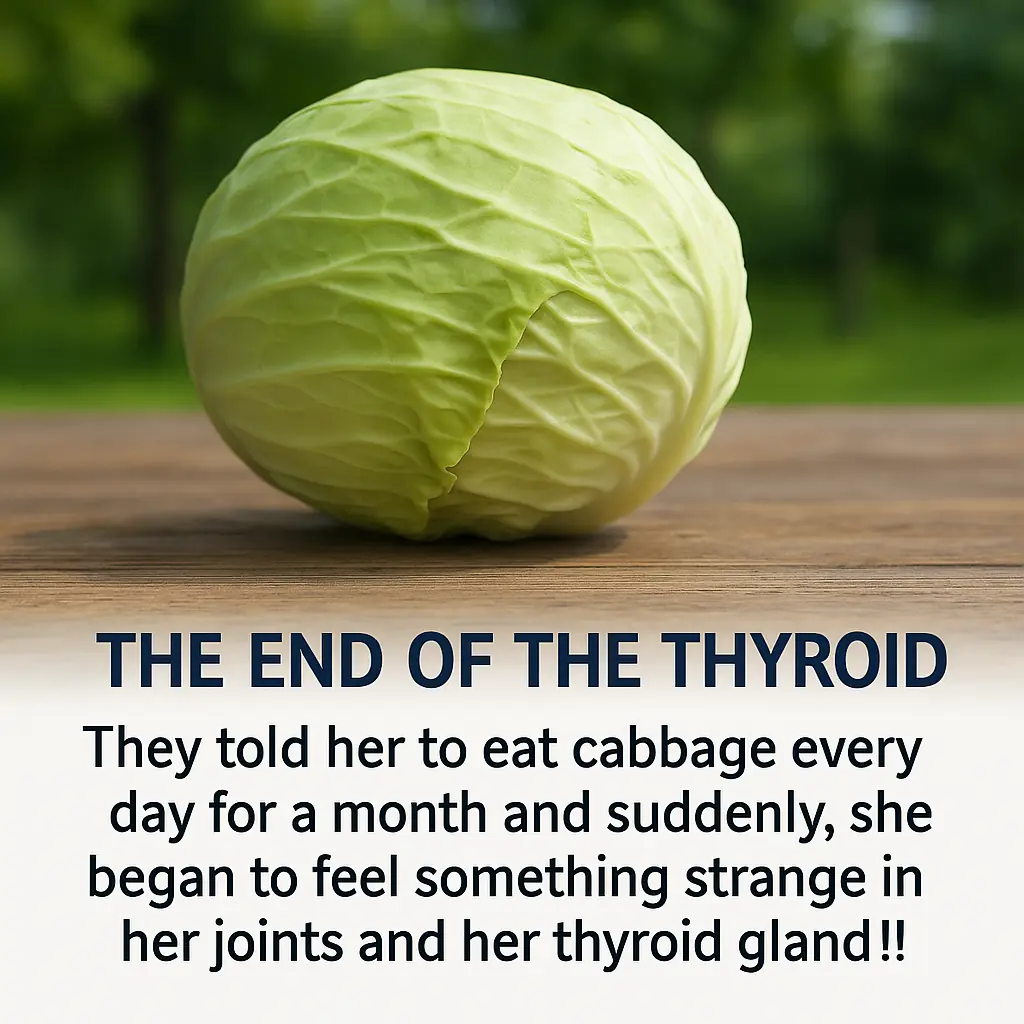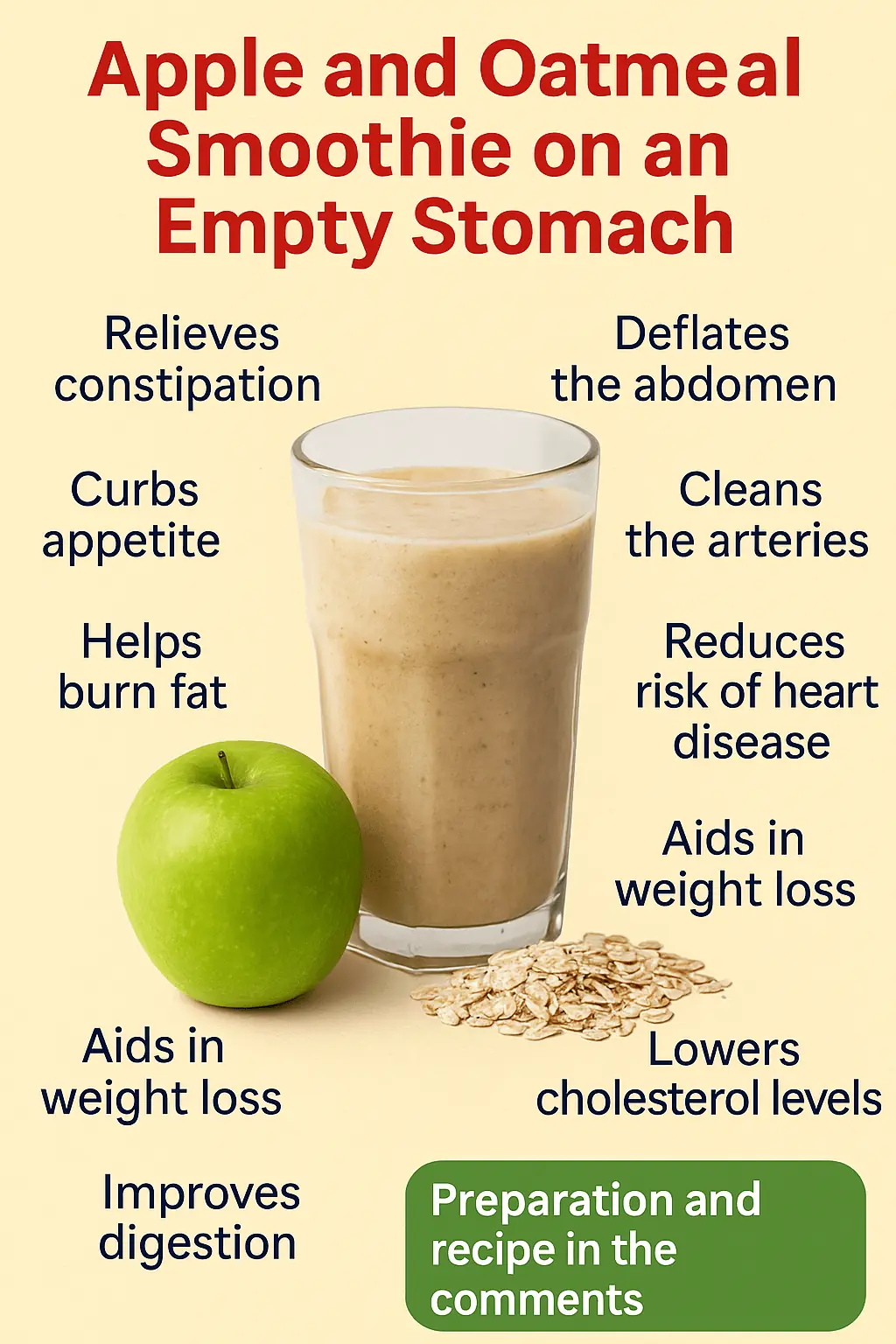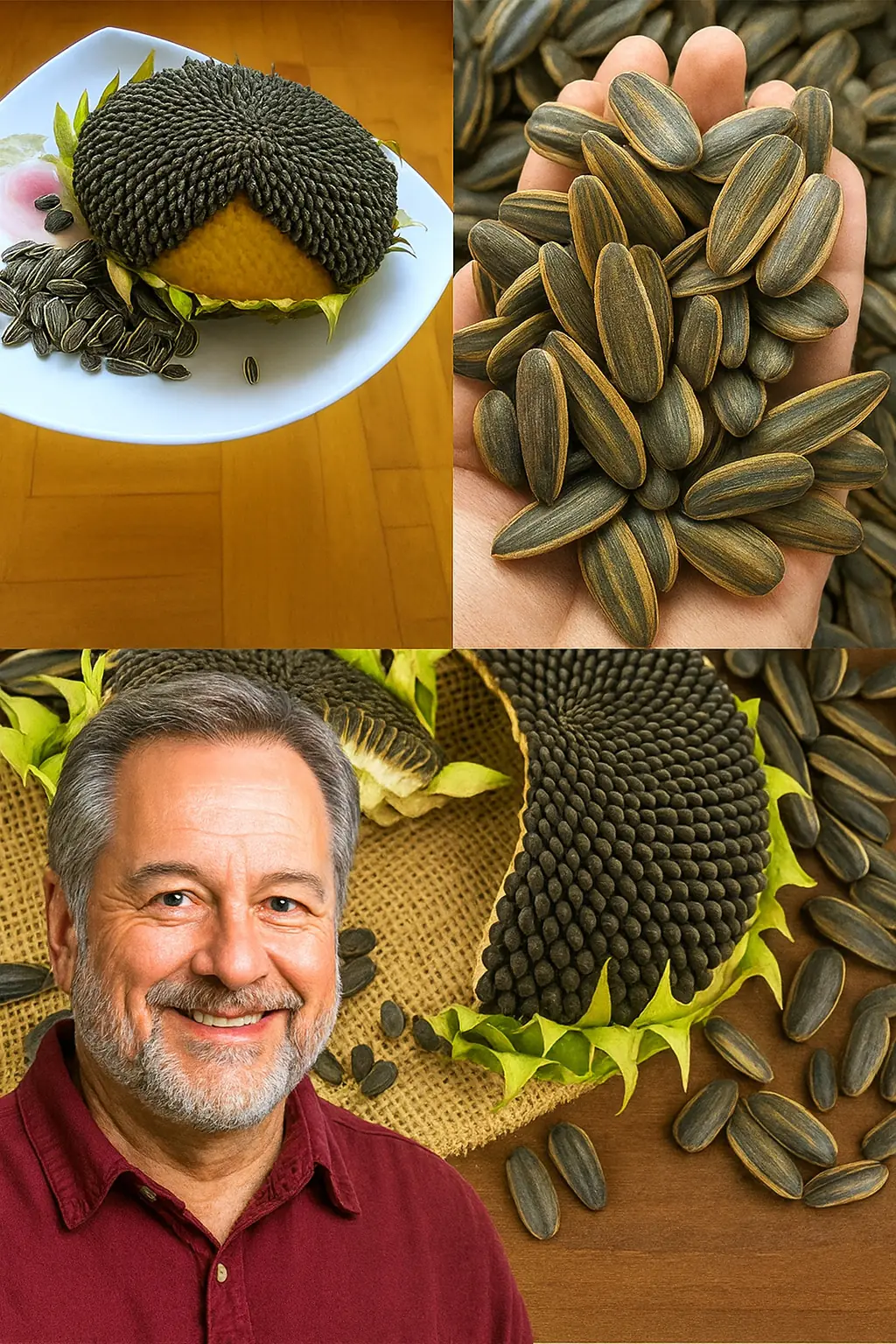
Is Cabbage Harmful to the Thyroid? Discover the Truth

In the pursuit of a healthy lifestyle, it’s common to hear advice about foods that may have specific benefits or potential risks for our health. One vegetable that has stirred debate on social media is cabbage. Some claim that eating cabbage regularly could affect thyroid function, leading many to wonder if they should avoid it entirely. In this article, we’ll explore the topic and clarify the facts based on scientific evidence.
Cabbage and Its Nutritional Properties
Cabbage is a nutrient-rich cruciferous vegetable. It’s high in vitamins C and K, fiber, antioxidants, and bioactive compounds that can promote overall health. It’s also very low in calories, making it a great choice for those trying to maintain a healthy weight. Eating cabbage can benefit the immune system, digestion, and heart health.
However, its reputation as a health food has been challenged by claims of possible negative effects, particularly regarding the thyroid. While these claims should be examined critically, it’s essential to rely on verified information and the guidance of health professionals.
Glucosinolates: Are They Harmful to the Thyroid?
Like other cruciferous vegetables, cabbage contains compounds called glucosinolates, which have been identified as potentially harmful to the thyroid. These compounds can interfere with iodine absorption—an essential mineral for producing thyroid hormones. In diets very high in cruciferous vegetables combined with iodine deficiency, there may be a risk of hypothyroidism, especially in susceptible individuals.
That said, it’s important to note that a significant amount of these vegetables would need to be consumed for any notable adverse effect to occur—particularly if your diet is balanced and rich in iodine. Many people regularly eat cabbage, broccoli, and cauliflower without experiencing any thyroid problems.
Listen to Your Body: Consult a Professional
If you’ve started eating cabbage regularly and notice changes in your health—such as joint discomfort or symptoms related to the thyroid—it’s important to consult a doctor or nutritionist. They can help determine whether there’s a link between your diet and your symptoms, and suggest appropriate solutions. Everyone is different and may react differently to certain foods.
Safely Including Cabbage in Your Diet
If you choose to include cabbage in your meals, here are some tips for safe and healthy consumption:
-
Moderate your intake: For most people, eating cabbage in moderation shouldn’t be a problem. Enjoy it in salads, soups, or as a side dish.
-
Variety is key: Maintain a varied diet with a wide range of fruits and vegetables—not just cabbage.
-
Cook it properly: Cooking cabbage can help reduce glucosinolate levels, making it safer for those concerned about thyroid health.
Simple and Healthy Recipe: Cabbage and Carrot Salad
Ingredients:
-
1/2 green cabbage, finely chopped
-
2 carrots, grated
-
1/4 red onion, sliced
-
Juice of 1 lemon
-
Olive oil, to taste
-
Salt and pepper, to taste
Instructions:
-
In a large bowl, combine cabbage, carrots, and red onion.
-
In a separate bowl, mix lemon juice, olive oil, salt, and pepper.
-
Pour the dressing over the salad and toss well.
-
Refrigerate for 15 minutes before serving to enhance the flavors.
Conclusion
Cabbage is a healthy, nutrient-rich food, but it’s important to be informed about its potential impact on thyroid function. Moderation, variety, and paying attention to your body’s signals are key to enjoying its benefits without risks. Before making significant dietary changes, it’s always best to consult a healthcare professional.
News in the same category


Benefits of Eating a Clove Every Day

How Long Can You Keep Frozen Meat Before Throwing It Away? Here’s the Answer

17 Silent Signals Your Body Is Sending You (And How to Relieve Them Naturally)

The Magic of Cloves and Cinnamon Water: A Daily Health Ritual for the Young at Heart

People at Risk of Cancer Often Show 3 Unusual Signs in the Neck – Even One Is a Health Warning

3 Selfish Habits of Husbands That Increase Their Wives’ Risk of Cervical Cancer – Stop Them Now Before They Harm the Whole Family

🧴 Add Cloves into Baby Oil and See What Happens – 11 Powerful Reasons to Use It Every Day

Oat Water with Lemon: Natural Elixir for Health and Weight Loss

Natural Childbirth: An Experience Without Anesthesia

Natural Antibiotic: Home Remedy to Relieve Sore Throat

5 Health Issues Stress Can Cause (And Many Ignore)

Apple and Oat Smoothie: A Health-Boosting Drink

Health Benefits of Oregano and How to Use It

Benefits of Boiling Banana with Cinnamon: A Natural Remedy to Improve Health

The Pharmacy Tree: Properties and Uses of Neem in Natural Remedies

🌿 The Timeless Wisdom of Dr. Norman Walker: The Philosophy of Health and Longevity

Drink Lemon Water: 13 Problems It Can Solve Without Pills

Garlic and Cloves: Two Treasures for Your Health
News Post

Health Benefits of Oregano and How to Use It

Nature’s Secret Healers: 4 Mighty Leaves That Could Change Your Health Forever

Turn Gray to Black Naturally: Discover the Coffee Secret for Rich, Youthful Hair 🌿

Shocking Truths About Sunflower Seeds You NEED to Know Before Your Next Snack

Benefits of Eating a Clove Every Day

Ready to Feel Amazingly Light? Discover the Green Elixir Your Body Craves This Monday! 🍏✨

12 Reasons to Drink Tomato, Carrot, and Apple Juice Every Morning

Is Your Sleeping Position Secretly Wrecking Your Health? Unlock the Surprising Truth!

Rescued: Lost Dog with Bambi’s Innocence Melts Hearts with His Fragile Demeanor

Disturbing 911 call before police found girl, 10, on highway as dad and girlfriend arrested on murder charges

Reason NY could owe Peanut the Squirrel owners $10,000,000 after pet was seized and euthanized by state

🍰 Classic Mille-Feuille Recipe

🍫 Chocolate & Cream Mille-Feuille Recipe

🎀 Princess Gown Cake Recipe

How Long Can You Keep Frozen Meat Before Throwing It Away? Here’s the Answer

17 Silent Signals Your Body Is Sending You (And How to Relieve Them Naturally)

🍫 Chocolate Ganache Macarons Recipe

🍫☕ Mini Tiramisu Cups Recipe

❤️🍒 Heart-Shaped Cherry Red Velvet Cake Recipe
